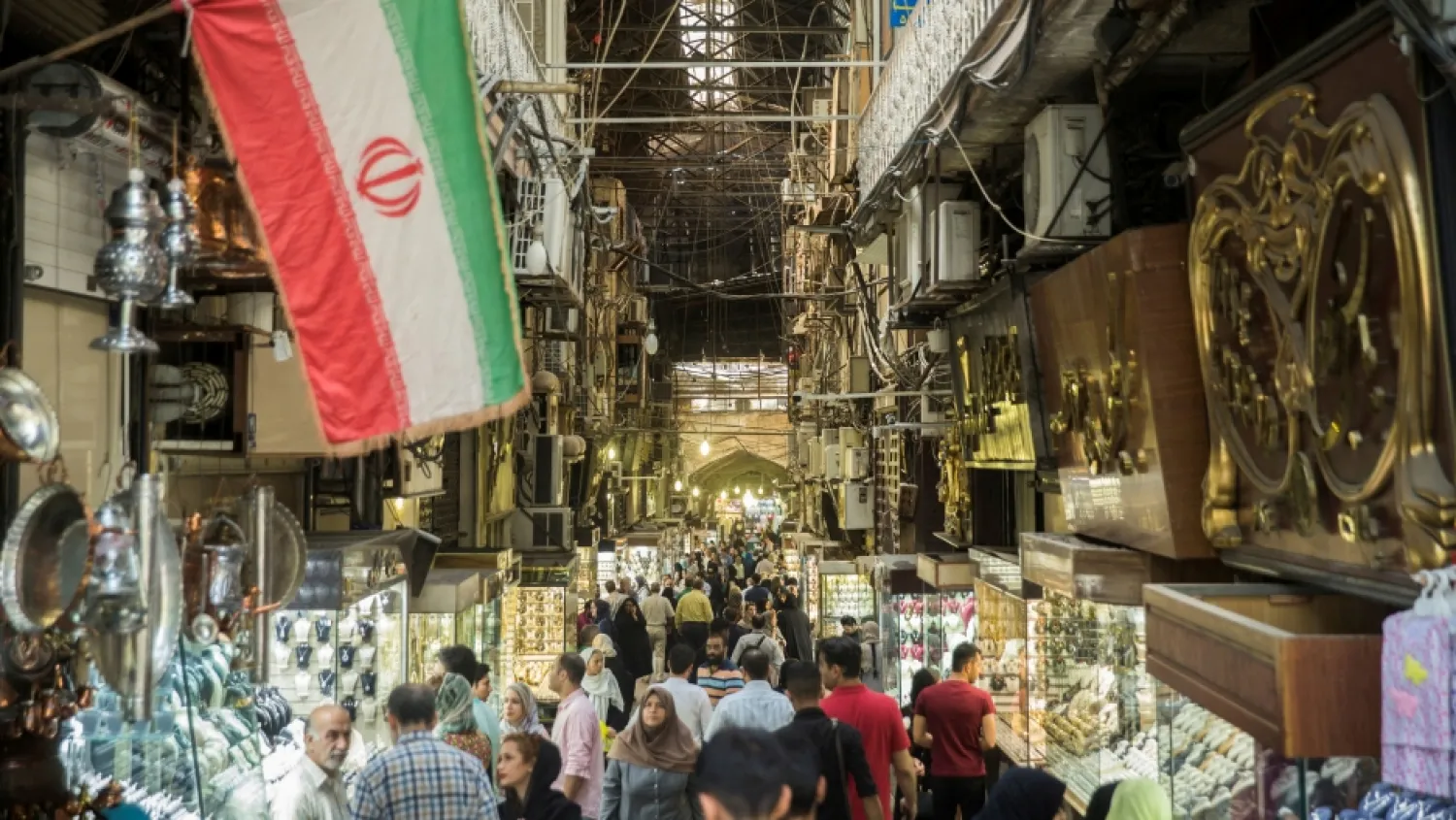The Israeli military intelligence services issued a confidential report on the repercussions of US President Donald Trump’s withdrawal from the 2015 Iran nuclear deal.
Submitted to Prime Minister Benjamin Netanyahu’s government, the report said that "the serial and cumulative reaction on Trump's decision to withdraw from the nuclear deal has gained more importance than expected in Iran in many fields, mainly due to its extensive economic and social damage.”
Trump withdrew from the deal in May, threatening at the same time to reinstate harsh sanctions against the Iranian oil industry and foreign firms that trade with it.
“These steps are supposed to go into full effect at the beginning of November. Some American companies, among them airplane manufacturer Boeing and General Electric, which signed contracts to supply equipment to Iran’s outdated oil industry, are already preparing to halt their investments in the country,” the report said.
Sports equipment maker Nike canceled at the last minute a delivery of football cleats to the Iranian national squad, which is participating in the World Cup starting Thursday in Russia.
In Europe, British Petroleum announced that it would end its investment partnership with the Iranian oil company in deep-sea drilling off the Scottish coast.
In a meeting with French President Emmanuel Macron last week, Netanyahu said that he did not ask France to withdraw from Iran deal because he thinks “it will be dissolved by the weight of economic forces.”
“This is the right time to exert maximum pressure on Iran” in order for the latter to leave Syria, said Netanyahu.
In this context, ministers from Britain, France, Germany and the European Union sent a letter at the beginning of June to Trump administration cabinet members, in which they asked the United States to exempt energy, aviation and health companies from the secondary American sanctions – which target European companies trading with Iran.
European giant Airbus signed contracts worth one billion dollars with Iran after the nuclear deal was signed in 2015. Another large European company liable to be hurt by the sanctions is French energy company Total.
According to Israeli intelligence, Iran had hoped to reap sizable profits from deals with European and American companies during the coming period.
Now, however, the Tehran regime faces abandonment by companies that already signed contracts, in addition to the negotiations with other companies, because of the American move.
Internal pressure on the regime, in the form of frequent demonstrations by the opposition in cities across the country, is also coming into play. Most of the demonstrations focus on the cost of living, the Israeli report noted.
Israeli intelligence officials have the impression that doubled economic pressure, domestically and from abroad, is accelerating divisions at the top of the Iranian regime between the conservative camp and the more moderate one.
Part of the dispute involves the question of Iranian foreign aid to terrorist organizations across the Middle East.
According to various assessments, Tehran disburses nearly one billion dollars annually to these clients, including “Hezbollah”, Shiite militias fighting on its behalf for the Assad regime in Syria, Houthi rebels in Yemen and two Palestinian organizations in the Gaza Strip, Hamas and Jihad.









